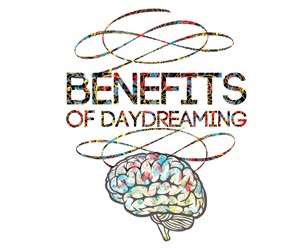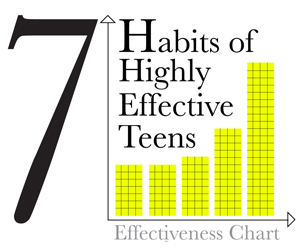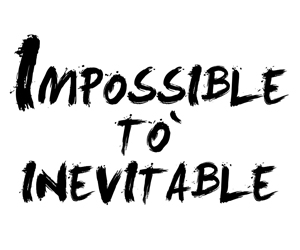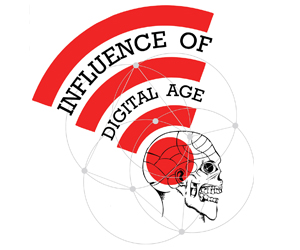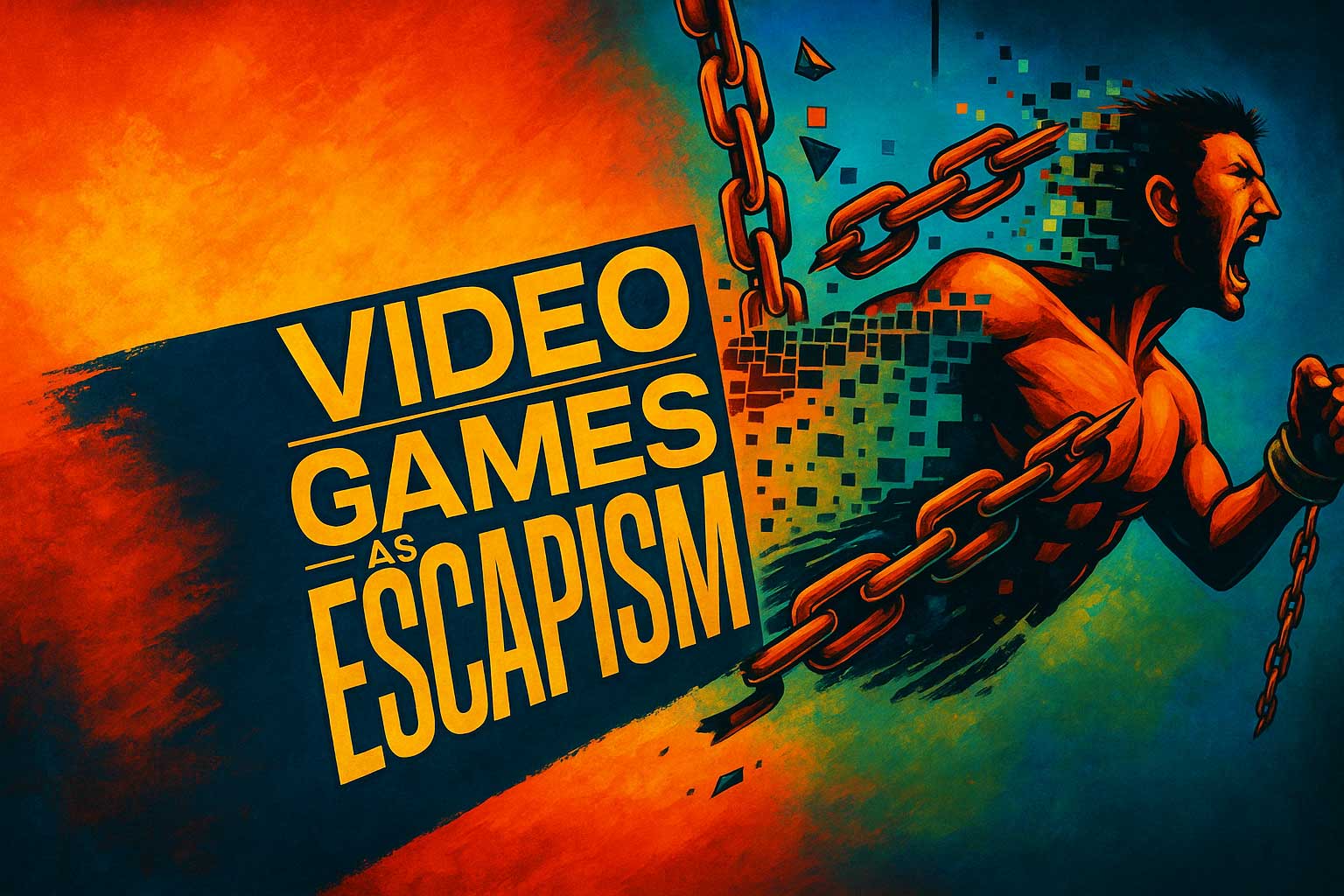
The lure of gaming can be hard to resist. Games certainly provide a respite from the stress in life. However, if you do not prioritise your time wisely, you can easily get sucked into a trap where your time is controlled by different levels and stages of the game, or worst, on endless mode. When your gaming experience is characterized by rapid mouse-clicking and when your eyes are perpetually glued to the screen, ignoring what is really going on in reality, you might have become addicted to games. Game addiction might be more serious than you think it is.
How Using Video Games As Escapism Helped (And Damaged) My Mental Health
I, along with many others, have suffered from depression and anxiety. And as a gamer, my relationship with video games has both positively and negatively impacted my struggles with my mental health.
Perhaps the biggest way that video games have helped me cope is by offering a form of escapism. It doesn’t have to be a high-fantasy title — or even a game that focuses heavily on narrative. Even a simple puzzle game that doesn’t depict a world in any traditional sense can offer a much-needed break from the stresses of everyday life. By fully investing ourselves in a video game, it becomes all we think about — at least, for a short amount of time.
For me, the type of games I first felt could help me escape were high-fantasy Role Playing Games (RPGs). It makes sense; RPGs by their very nature require you to invest in their worlds and believe in their fantastical narrative. It’s kind of the point: you are taking up a new role that requires some form of investment and suspension of disbelief in order to make it a truly enjoyable experience. It was Final Fantasy for me. Those games made me invest in each and every one of their worlds and I was hooked from a young age. In my early years, I played Final Fantasy VII, IX and X almost religiously to take away the worries of school. Taking on the challenge of toppling evil organisations and gods that would have us dead was much less stressful.
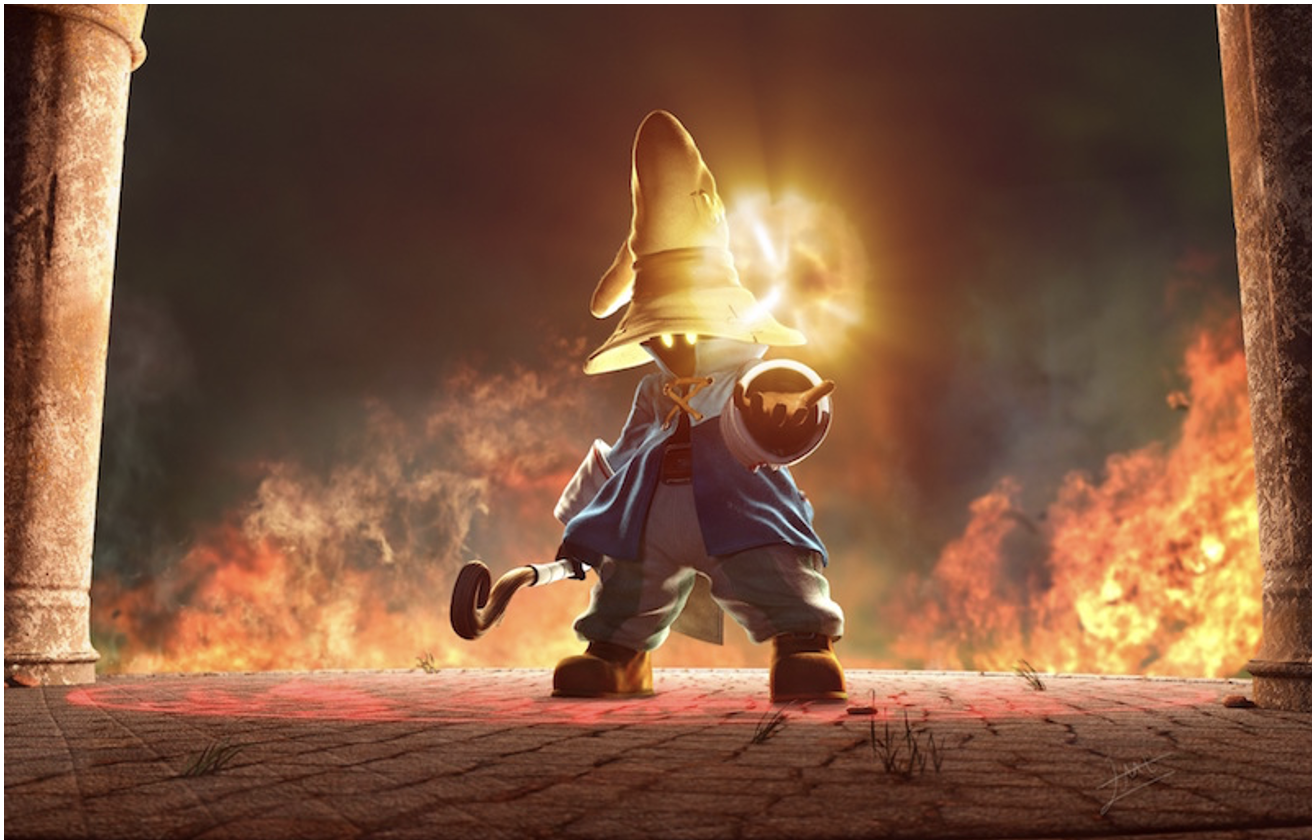
When I first started to suffer from depression as a young adult, these games also gave me a place I was able to relax in. Final Fantasy provided a world where Robert Gammon’s real-world problems didn’t exist; only the challenges of the characters within these new worlds did. Playing also allowed me an external outlet to understand certain issues — narratives, especially in RPGs, often explore themes that we can relate to in real life, therefore giving me a safe platform to explore my problems with no consequences of making anything worse in the real world.
The opportunity to escape reality that video games provide can be a much-needed respite, and in turn, this break from the world can give us the energy we need to face our demons. However, like all good tools, it must be used appropriately.
Escapism is all very well when it takes us away from our problems for a short while — but it can become all-consuming, making us unable to face our real life when we most need to. This was my problem. I often let gaming be the answer to my issues instead of tackling them appropriately.
Even with the most difficult level, there is always a solution to the problems that appear in video games. Even when bad things happen, and even when the solution might not seem like a solution, there’s still always some form of progression — either the plot moves forward, or you get to try again. If not, watching a walk-through of the game can easily assist you in overcoming the challenge in games. Sad to say, this isn’t always true of real life.
I remember desperately wanting to be in the world of Spira from Final Fantasy X, as I felt that there is meaning in the game. The game gave me clearly set goals that I could achieve; everything was mapped out for me and I knew exactly what I needed to do at any given moment. I couldn’t say the same for real life.
I was becoming dependent on a fictional world, which caused me to neglect the complicated personal issues that were currently going on in my life as well as my depression. The escapism that videos games offered to me had itself become a problem; it exacerbated my issues as I ignored those pressing real life issues that I had to solve. Accepting that the life I needed to focus on wasn’t part of a fantastical video game world was upsetting — but it was a realisation that I needed to make.
Sure, games are fun, and part of their purpose is to offer an escape from the real world. The opportunity to exist in a new world that has no consequence on our day-to-day lives is a great tool for us to be able to relax without the worrying that our actions may impact on our real life. Video games provide a safe playground to enjoy ourselves, learn new personal skills and rid us of our overactive minds.
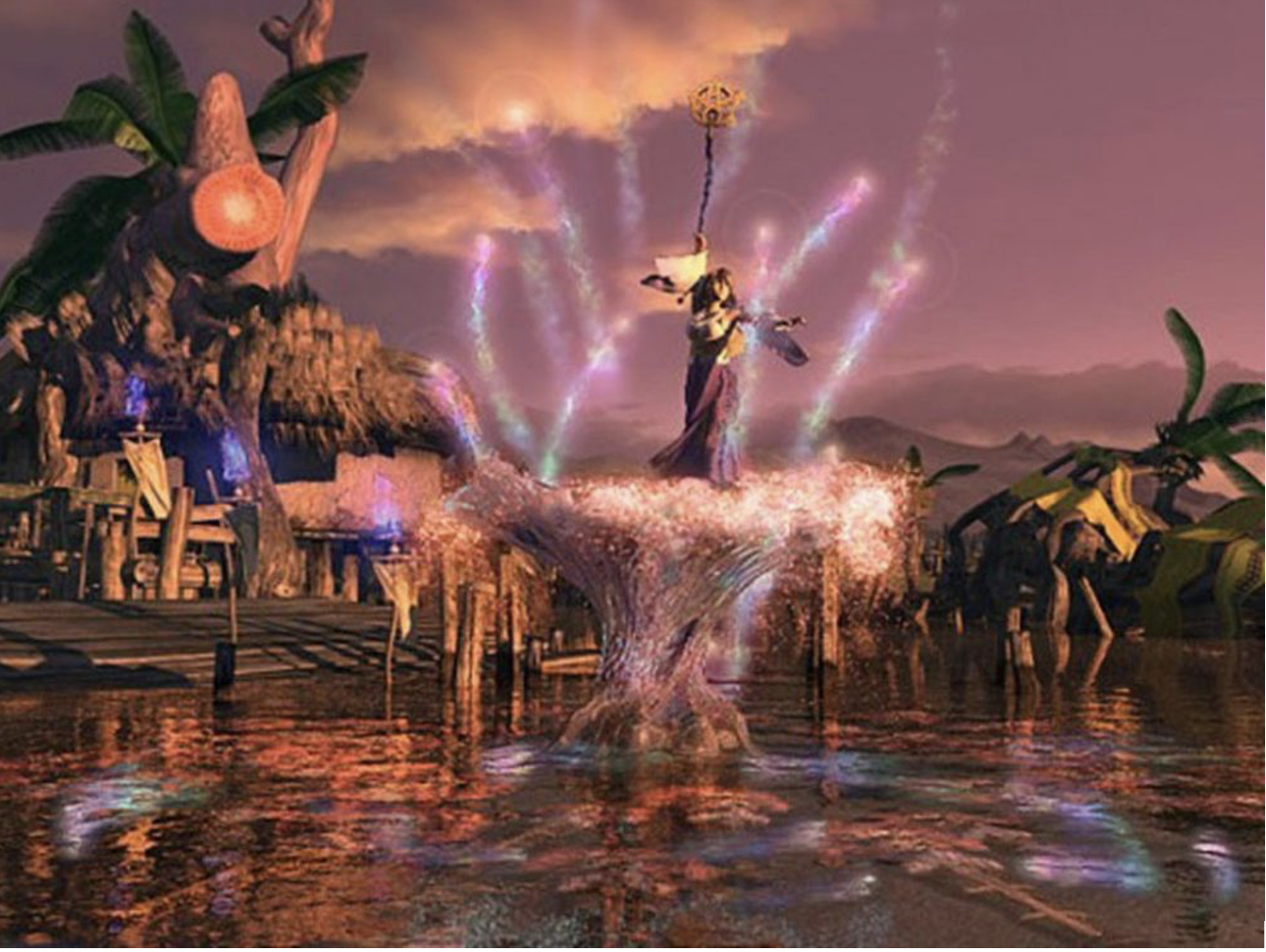
However, being too involved in the fantasy world can lead us to neglect important problems in our real lives, thereby worsening them. We must make sure that when we escape to ‘new worlds’ we keep rooted to the real world and not be in denial.
Do you empathise with Robert Gammon’s experience with gaming? What would you say to someone who might be addicted to gaming?
If you suspect that you have a game addiction, please do not hesitate to seek help.
You can send an email to: help@wecare.org.sg , or call 6547 5459. One of the professional counsellors from WE CARE Community Services will answer your call. Your email and call will remain confidential.
Source: https://www.gamespew.com/2018/01/escapism-my-mental-health-gaming-experiences/











